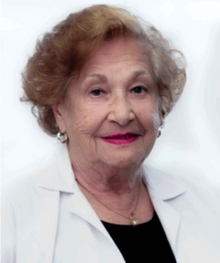educación científica
Puerto Rican scientists wins Fulbright
Submitted by Mónica Ivelisse Feliú-Mójer on
New interactive science exhibit in Caguas
Submitted on 14 August 2014 - 11:17pm
This article is reproduced by CienciaPR with permission from the original source.
Science: in English, Spanish or Bilingual?
Submitted on 18 April 2014 - 2:51pm
This article is reproduced by CienciaPR with permission from the original source.
Science: in English, Spanish or Bilingual?
Submitted on 18 April 2014 - 2:51pm
This article is reproduced by CienciaPR with permission from the original source.
Ciencia Puerto Rico is profiled as a model to increase diversity in the sciences
Submitted on 17 January 2014 - 12:20am
This article is reproduced by CienciaPR with permission from the original source.












